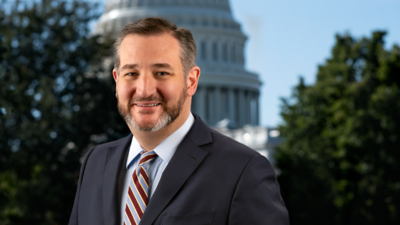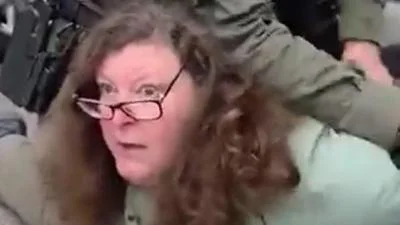Joseph Giacalone, retired New York Police Department homicide detective | Joseph L. Giacalone (Facebook)
Joseph Giacalone, retired New York Police Department homicide detective | Joseph L. Giacalone (Facebook)
The reasons why Chicago is the murder capital of the nation for 13 years running are glaringly obvious, says Wirepoints President Ted Dabrowski, and the city’s progressive leaders seem almost perversely committed to maintaining the status quo.
“The chance of getting prosecuted is very low,” Dabrowski told Fox News. “Even if you do get busted, you’re back on the streets pretty quickly. The bad guys know that their chance of getting punished is almost zero percent right now in Chicago.”
Over 2024, there were 573 murders in the city. New York had 377, Houston 322 and Philadelphia 269. The murder rates in all major cities did drop over 2024, but Chicago’s decrease of eight percent was the slightest.
The murder rate in Jacksonville, Florida fell by 48 percent while the rate in Philadelphia and New Orleans fell by over 30 percent.
"There’s no way to sugarcoat any of this," Joseph Giacalone, retired New York Police Department homicide detective and professor at John Jay College of Criminal Justice, told Chicago City Wire.
"You can’t coddle criminals and have law and order too," he said. "The police in Chicago have been intentionally neutered by lawmakers. They can’t chase on foot, they can’t pursue vehicles, 'prosecutors' looking to lock cops up for doing so but suspected murders are out with ankle monitors? What did people expect? If the message to cops is that you are dammed if you do and dammed if you don’t, the don’t part is the safer path to take. Criminals are opportunists that smell weakness and right now they rule the city.'
"The ignorance and apathy of the elected officials is appalling," Giacalone continued. "The recent online videos of downtown Chicago being overrun by juveniles is all that you need to know about who is in charge. Where is the collective outrage? Just add Chicago to the list of once great urban centers failing under the same progressive 'leadership' we see elsewhere. I do see a silver lining however. It seems as if Chicago’s mayor has a lower approval rating than I do about Calculus."
In an earlier story, Wirepoints said the bad guys in Chicago are actually more likely to get verbal support for the crimes they’ve committed, not condemnation, from Mayor Brandon Johnson.
“Kids just being ‘silly,’ Johnson said of the city’s recent teen takeovers. "They’re not ‘mob actions," he argued.
On March 9, a tourist was walking with her son when he was shot in the arm in the city's Streeterville section.
The Friday before, an estimated 300-plus teens descended on Streeterville. Shots were fired and a 15-year-old boy was shot in the leg.
Alderman Brian Hopkins of the 2nd Ward has demanded for a 10 p.m. curfew but the mayor this week called for the mayor suggested on Tuesday that one way to address the problem is by providing more positive activities and places for teens to gather.
"There are investments that the city can make,” he said at a news conference. ‘And then there are things that I know that the business community, you know, they want to do more, and many of them have learned in, but we do need them to do more.”
Alderman Raymond Lopez (15th) blamed the city’s crime on the political elite's "love with criminality," while its mayor touts reported decreases in its total crime rates.
"We have a political elite that is in love with criminality, that encourages criminal behavior, pushes down our police officers, demonize[s] their work on a daily basis, and elevates the perpetrators of crime as the victims of society themselves," Lopez argued on "Fox Report," Sunday. "And that kind of coddling has brought us to where we are today."
Wirepoints also points out the elimination by Johnson of the gunfire detection technology and case bail under the SAFE-T Act have led to more crime.
"The SAFE-T Act certainly succeeded in its goal of reducing jail populations – but could crime have been even lower today had the act not been passed? And ShotSpotter has purportedly saved 85 Chicagoans lives – would they be murder statistics absent the technology? The limited data and the dysfunctional nature of Chicago’s criminal justice system makes answering these kinds of questions definitively nearly impossible,"





 Alerts Sign-up
Alerts Sign-up